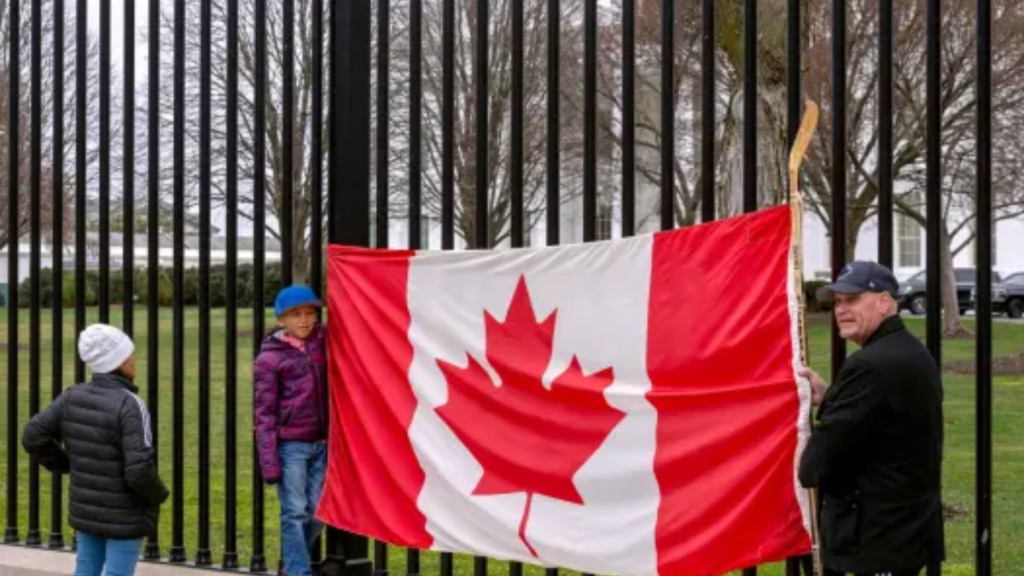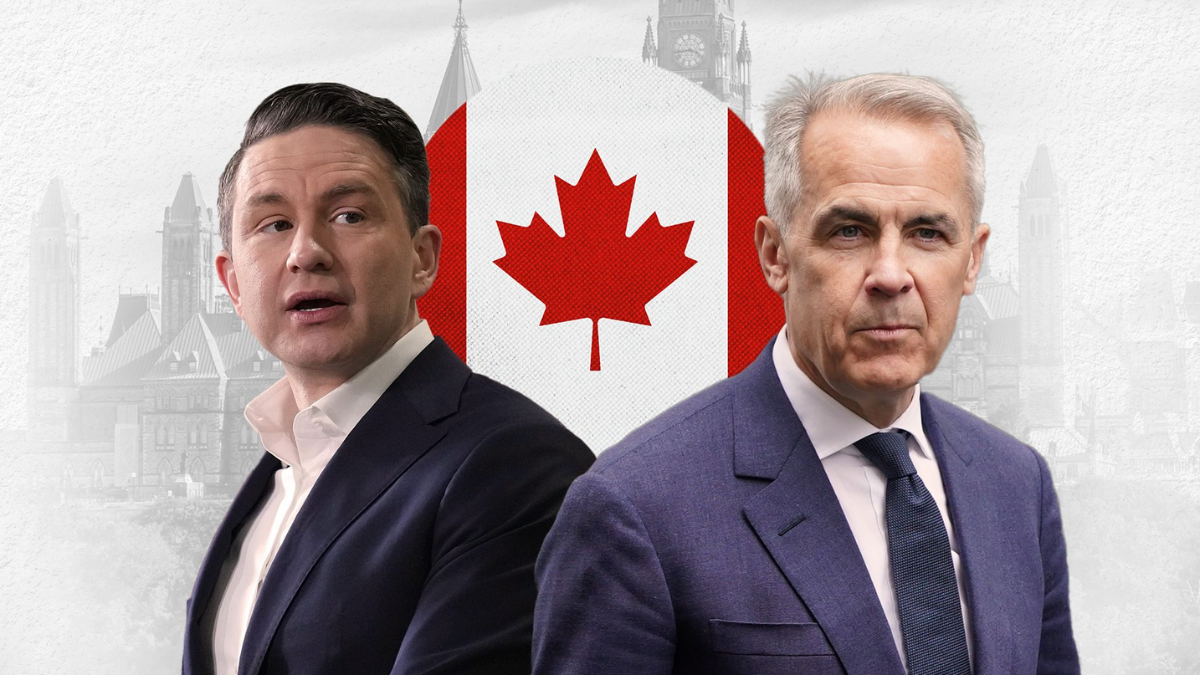As Canada prepares for its next federal election in 2025, one of the most unexpected influences shaping the political narrative isn’t a Canadian politician—but former U.S. President Donald Trump. Despite being a foreign figure, Trump has emerged as a unifying symbol among Canadian voters and political parties, albeit in a rather paradoxical way.
Rather than fostering admiration, Trump’s populist style, anti-establishment rhetoric, and authoritarian undertones are increasingly cited by Canadian politicians as cautionary tales. In doing so, leaders across party lines—especially within the Liberal, New Democratic, and Bloc Québécois ranks—are using Trump as a rhetorical device to define what Canada must avoid.
This unifying sentiment is shaping campaign messages and influencing voter behavior ahead of the election.
Canadian Parties Use Trump to Warn Against Right-Wing Extremism
Liberal Prime Minister Justin Trudeau, who has had a turbulent relationship with Trump during his presidency, has subtly invoked Trumpism when addressing issues like democratic backsliding, misinformation, and extremist politics. Trudeau’s recent remarks on protecting Canadian democracy from “divisive foreign influence” are widely interpreted as veiled references to Trump’s political style.
Similarly, Jagmeet Singh, leader of the New Democratic Party (NDP), has warned Canadians about “Trump-style politics” creeping into national discourse. During a recent campaign stop in Ontario, Singh stated, “We’ve seen what happens when hate, lies, and conspiracy theories take center stage. That’s not the Canada we want.”
Even the Bloc Québécois, a party typically focused on Quebec sovereignty rather than federal or international affairs, has issued statements distancing itself from right-wing populism, aligning themselves with the growing sentiment that Canadian politics should serve as a contrast to the American example.
Conservative Party Faces Internal Divide Over Trump Influence
The Conservative Party of Canada, currently led by Pierre Poilievre, finds itself in a delicate position. On one hand, some grassroots members are drawn to Trump’s anti-elitist tone, especially on topics like immigration, gun rights, and “freedom” protests—sentiments that echo during the 2022 convoy protests in Ottawa.
On the other hand, the party leadership remains wary of fully embracing the Trump brand, aware of its polarizing impact on the broader Canadian electorate.
Poilievre has carefully avoided aligning himself directly with Trump but has echoed similar rhetoric by attacking the media and federal institutions.
Critics argue this opens the door to “Trumpism without Trump.” However, polls show that invoking Trump—either positively or negatively—tends to galvanize voters, making his presence felt despite not appearing on any Canadian ballot.

Public Opinion: Canadians Reject Trumpism, Seek Stability
Surveys conducted by Abacus Data and Angus Reid Institute consistently show that a majority of Canadians view Donald Trump negatively. In fact, nearly 68% of Canadians in a recent poll said they would be less likely to vote for a party that embraced Trump-style politics.
This widespread rejection of Trumpism is serving as an inadvertent unifying force for center-left and moderate voters.
What’s more, Canadian voters appear to crave stability and predictability—values many associate with Canada’s political identity, especially in contrast to the chaos of U.S. politics under Trump.
Analysts note that even conservatives in Canada tend to favor policy over personality, distancing themselves from the kind of spectacle-driven campaigning that characterizes Trump’s rallies.
Trump’s Lasting Legacy on Global Politics
Donald Trump’s influence on global political discourse remains significant. From Brazil to Hungary and even parts of Western Europe, leaders have adopted elements of his populist playbook. In Canada, however, Trump seems to function more as a deterrent than a model.
Canadian media coverage of Trump’s legal challenges, polarizing rhetoric, and potential return to the U.S. presidency in 2024 adds urgency to Canadian political debates.
Many political strategists believe that if Trump wins another term, it could dramatically affect Canada–U.S. relations, trade policy, and international alliances, further motivating Canadians to ensure their political trajectory doesn’t mirror that of their southern neighbor.
Election 2025: A Referendum on Canadian Values?
With the next federal election expected no later than October 2025, Canadian political parties are increasingly framing the vote as a referendum on national identity. Will Canada double down on its commitment to inclusivity, truth in media, and institutional trust? Or will it drift toward the populist tides rising elsewhere?
Regardless of party affiliation, many Canadians appear determined to distinguish their democracy from the volatility of recent U.S. politics.
Trump’s role—whether as a cautionary tale, a warning sign, or a campaign talking point—has effectively united Canadians in defining what they want to avoid.
For more insights into how international politics are shaping Canadian elections, visit CBC News Politics.
Disclaimer – Our team has carefully fact-checked this article to make sure it’s accurate and free from any misinformation. We’re dedicated to keeping our content honest and reliable for our readers.
